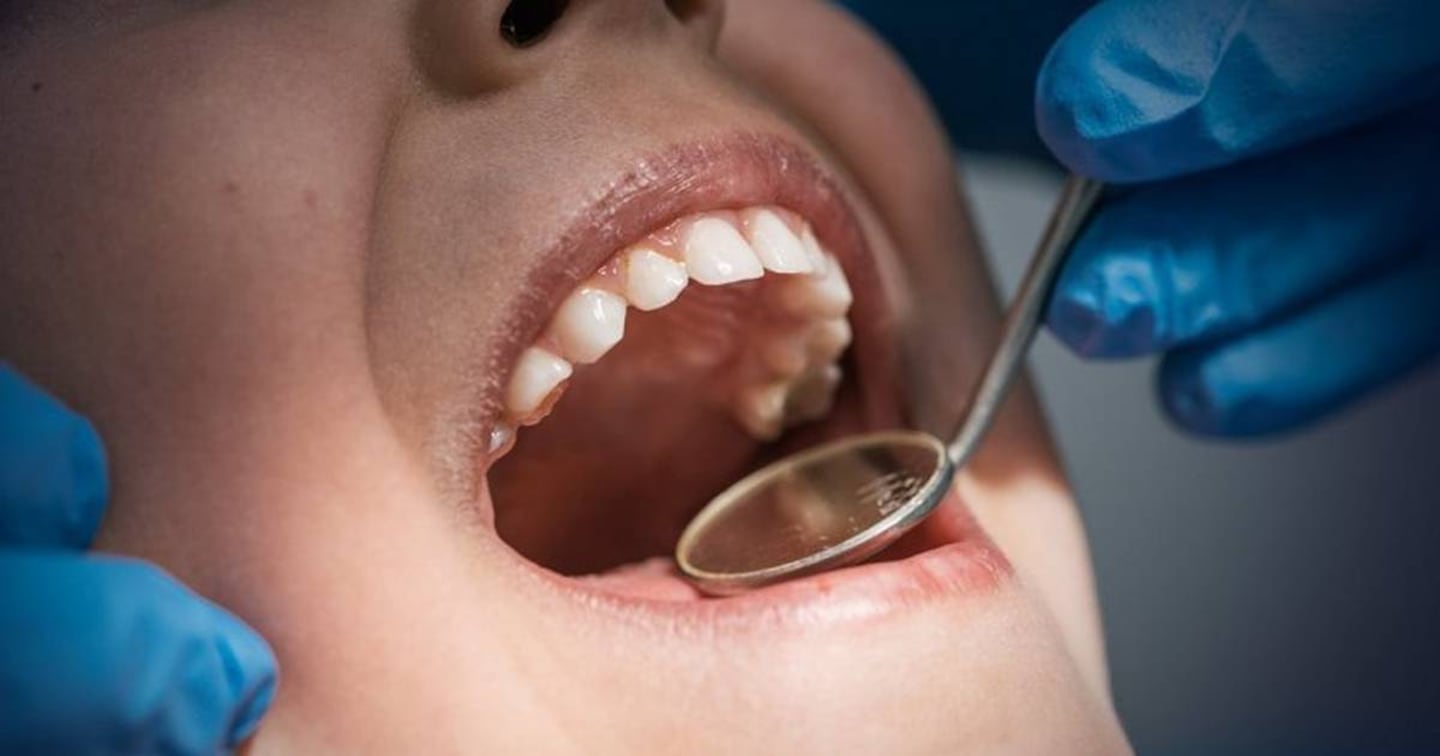A kaupapa Māori study on dental care equity at the emergency department in Ōtautahi / Christchurch found Māori are more than three times more likely than non-Māori to need emergency dental care and be admitted to the hospital, highlighting significant oral health disparities.
Published in today’s issue of the NZ Medical Journal, Outcome measures for Māori with non-traumatic dental presentations (NTDP) is the first study to investigate acute care outcomes related to NTDP (eg. toothache, dental pain, facial swelling, or dental abscess) for Māori patients utilising a kaupapa Māori approach.
“This approach recognises that being Māori is not a risk factor for health disparities, but rather an indicator of an increased exposure to the impacts of colonisation and racism,” the study states.
The study includes an acknowledgment that “Across all age groups, Māori adults have been shown to experience a poorer quality of life due to their oral health”.
The study team included medical student and kaupapa Māori researcher Sam Cameron-Dunn (Ngāi Tahu) and senior Māori academic Tania Huria (Ngāi Tahu and Ngāti Mutunga o Wharekauri), both from the University of Otago, Christchurch.
The study reviewed presentations to Christchurch ED between 2018 and 2020.
Over the two-year study period, there were a total of 2,034 NTDP, which included 550 Māori (27.0%), 1,211 NZ Europeans (59.5%), 141 Pacific peoples (6.9%) and 132 other ethnicities (6.5%).
A total of 103 NTDP-related admissions were made to the hospital, with 33 Māori (31.1%), 5 Pacific peoples (5%), 57 NZ Europeans (55.3%), and 9 other ethnicities (64%).
The study’s findings included:
- Patient demographics and pre-admission variables were consistent with previous research on ED presentations for NTDP in Aotearoa, with Māori being over-represented and of a younger median age.
- Māori with NTDP were over three times more likely to present and over three times more likely to be admitted. However, following admission, NZ Europeans had a longer length of stay compared to Māori.
- Some ED process measures for NTDP favoured Māori, with Māori patients triaged similarly and seen faster compared to other ethnicities. This was observed to be “encouraging” given prolonged wait times have led to negative perceptions of acute care for Māori patients.
“This study identifies inequitable presentation of Māori to Christchurch ED with NTDP,” the authors of the study concluded.
“While ED outcomes measures were largely positive, differences in demographic variables indicate persisting upstream failures, specifically barriers to accessing primary oral healthcare and a paucity of Kaupapa Māori-focussed initiatives.
“Further action and accountability are required to reorient our oral health services to provide high-quality, equitable care for Māori.”



